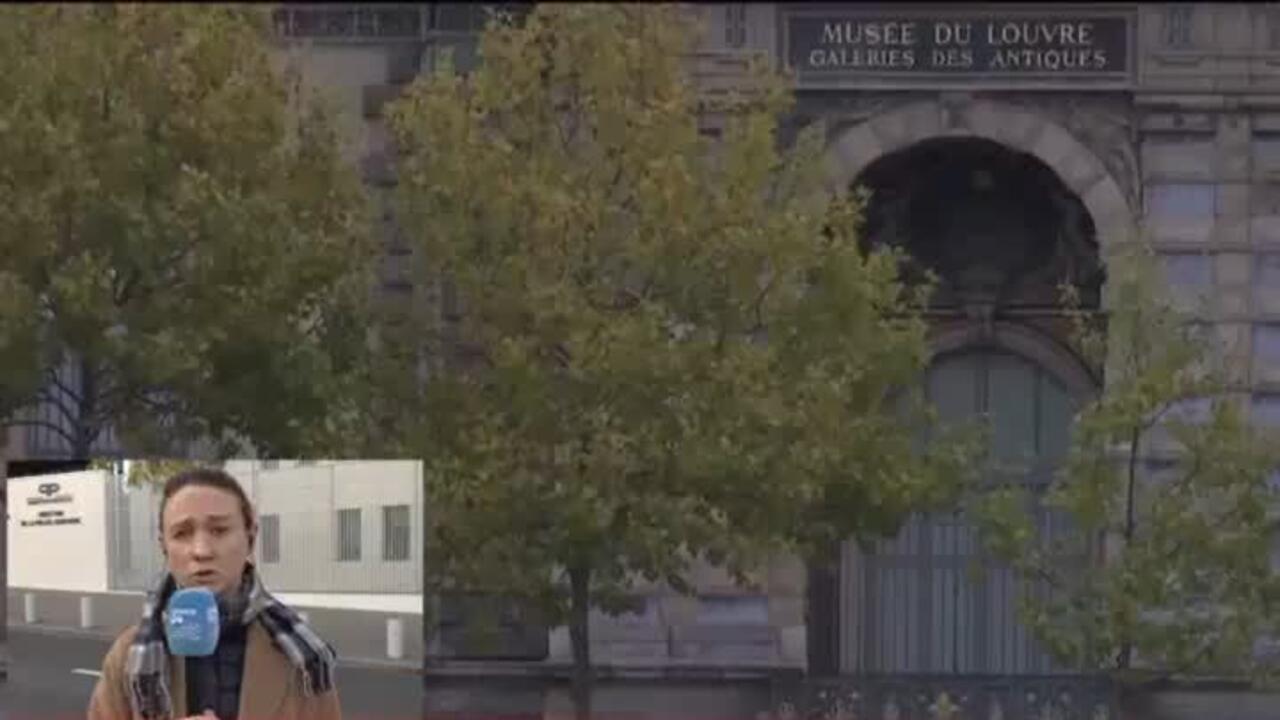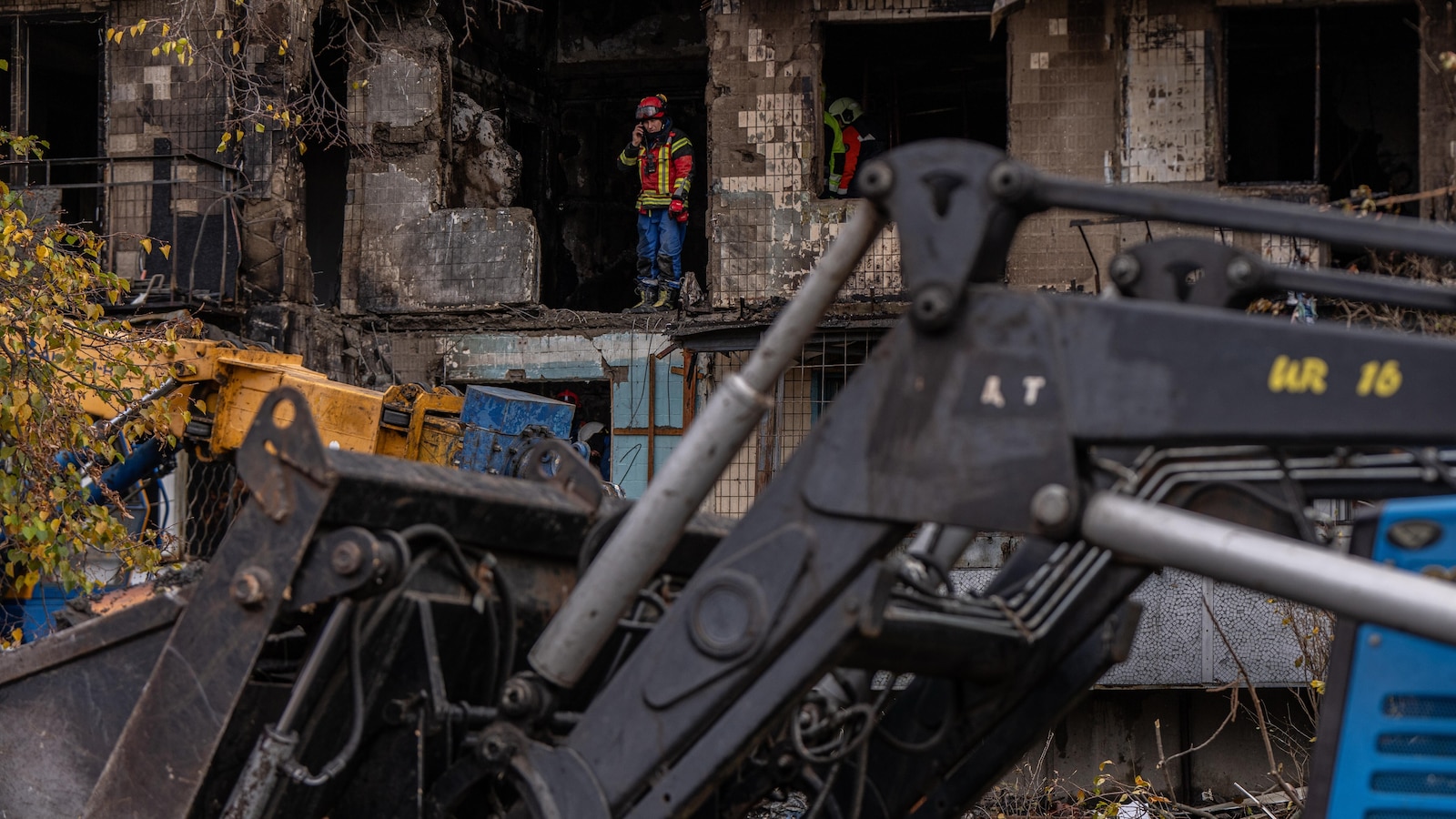Thailand and Cambodia signed an expanded ceasefire agreement on Sunday during a ceremony attended by US President Donald Trump, whose threats of economic pressure prodded the two nations to halt skirmishes along their disputed border earlier this year.
Thailand will release Cambodian prisoners and Cambodia will begin withdrawing heavy artillery as part of the first phase of the deal. Regional observers will monitor the situation to ensure fighting doesn’t restart.
“We did something that a lot of people said couldn’t be done,” Trump said. Cambodian Prime Minister Hun Manet called it a “historic day,” and Thai Prime Minister Anutin Charnvirakul said the agreement creates “the building blocks for a lasting peace.”
Read moreThailand and Cambodia clash: A border dispute fuelled by nationalism
The ceremony was Trump’s first event after arriving at the annual summit of the Association of Southeast Asian Nations, hosted in Kuala Lumpur. The trip, which will continue with visits to Japan and South Korea and a potential meeting with Chinese leader Xi Jinping, is an opportunity for Trump to burnish his reputation as an international dealmaker at a time when his tariffs have scrambled the international economy and he’s feuding with Democrats over a government shutdown back home.
Trump touched down in the Malaysian capital shortly before 0200 GMT, where he performed his trademark campaign trail dance with local performers and waved an American flag in one hand and a Malaysian flag in the other.
He’s expected to sign agreements with Malaysia involving trade and critical minerals later in the day. The US has been working to expand its supply chains to rely less on China, which has limited exports of key components in technology manufacturing.
The president attended this summit only once during his first term, and Defense Secretary Pete Hegseth seemed unfamiliar with ASEAN during his confirmation hearing in January.
But this year’s event offered a fresh opportunity for Trump to play global peacemaker.
Thailand and Cambodia fought for five days in July, killing dozens and displacing hundreds of thousands of people, some of the worst modern fighting between the two countries. The two countries have competing territorial claims, and violence periodically flares along their border.
Trump threatened, at the time, to withhold trade agreements unless the fighting stopped in a display of economic leverage credited with spurring negotiations. A shaky truce has persisted since then.
Read moreThai-Cambodian border clashes kill at least 33 amid UN call for 'restraint'
After the expanded ceasefire agreement was signed on Sunday, Trump inked separate economic deals with Cambodia and Thailand.
“The fact that Trump was holding the tariff card was actually very, very significant,” said Ou Virak, president of Phnom Penh’s Future Forum think tank. “That’s probably the main reason, if not the only reason, but definitely the main reason why the two sides agreed immediately to the ceasefire.”
Now, he said, “there’s a ceremony for Trump to be in front of cameras” so he can be “seen as the champion that brings an end to wars and conflicts,” giving him ”more ammunition for his bid for Nobel Peace Prize.”
Trump has explicitly campaigned for the honor, continuously adding to a list of conflicts that he either helped resolve or claims to have ended.
Malaysian Prime Minister Anwar Ibrahim praised the agreement between Thailand and Cambodia during opening remarks at the summit, saying, “it reminds us that reconciliation is not concession, but an act of courage.”
Thai foreign ministry spokesperson Nikorndej Balankura described the deal on Saturday as a “joint declaration” that will show Thailand and Cambodia “are committed to renewing their relations.”
“It’s not an end in itself,” Nikorndej said. “Work has just begun.”
Trump is expected to sit down with Brazilian President Luiz Inácio Lula da Silva while he’s in Kuala Lumpur, but not Canadian Prime Minister Mark Carney. The US leader is angry with Canada because of a television ad protesting his tariffs, and on his way to the summit, announced on social media he would hike tariffs on Canada because of it.
Read moreTrump threatens to impose additional 100% tariff on China and scrap Xi talks
Another trade war is front and center on Trump’s trip — this one, with China. Trump told reporters traveling with him on Air Force One that he was optimistic his meeting with Xi, expected to take place in South Korea, could yield progress on a range of issues. Fentanyl trafficking and soybean sales are among Trump’s priorities.
“I think we have a really good chance of making a very comprehensive deal,” Trump said. “I want our farmers to be taken care of. And he wants things also.”
Details about Trump’s agreements have been characteristically scarce, even after he departed Washington. It remains to be seen whether Trump’s dealmaking addresses longstanding issues or puts them off for another day.
He expressed confidence about the prospect of finalizing trade agreements with Japan and South Korea, two longstanding allies and trading partners, during the trip.
“We have deals with a lot of people and they’re very good deals,” Trump told reporters traveling with him on Air Force One.
One leader who will be absent from the summit in Kuala Lumpur is Indian Prime Minister Narendra Modi. Although he was close with Trump during his first term, the relationship has been more tense lately. Trump caused irritation by boasting that he settled a recent conflict between India and Pakistan, and he has increased tariffs on India for its purchase of Russian oil.
(FRANCE 24 with AP)











 English (US) ·
English (US) ·